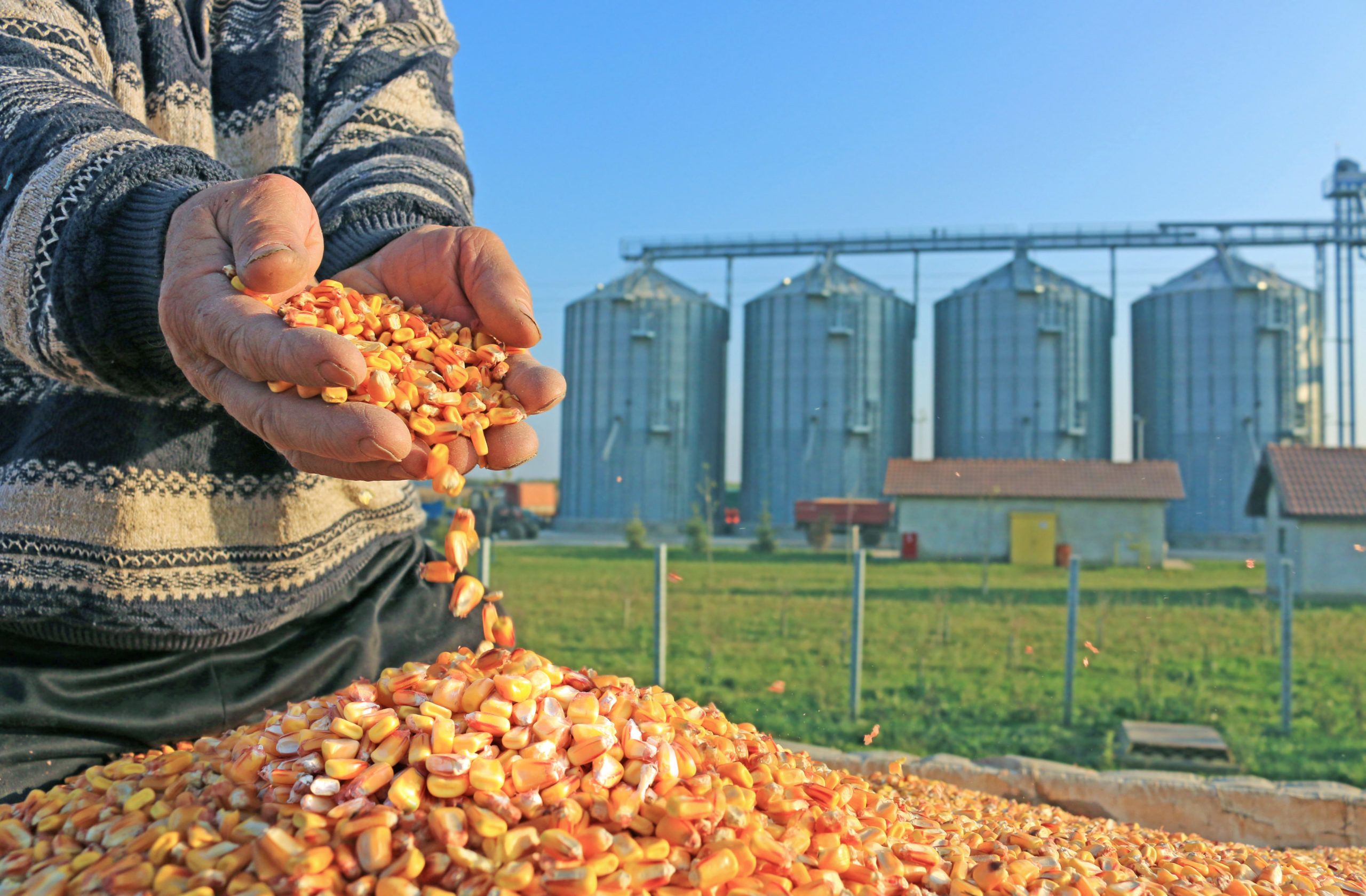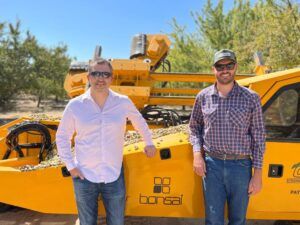Consumers and investors today are looking closer than ever at the food they buy (or buy into) with concerns about pesticide use, water consumption, animal welfare, and biodiversity among others issues.
For consumers, decisions about what to buy are largely based on the claims that companies are able to make about the sustainability of their sourcing methods. And for investors, this is also increasingly a factor according to a rising chorus of sustainability directors for food and agriculture companies attending the Sustainable Agriculture Summit in Kansas City, MO this week.
“We have seen a huge uptick in inquiries: equal parts on social issues and environmental issues. It’s now often not necessarily whether, but how are you looking at environmental risks in your portfolio?” said Amy Braun, sustainability director for Kellogg’s.
The data used to answer the increasing questions around the sustainability bona fides of large agrifood corporates is the bread and butter for people like Braun, but the methods and tools used to collect this data are not keeping up with the pace of demand.
Overall claims of sustainable practices beyond food safety and quality at large corporate food and agriculture players are “generally lacking,” according to a report by the Sustainability Consortium on the procurement pipelines of these companies. Data gathering practices also vary greatly with both internal and external barriers in the way, according to the report that designed to find out how much businesses really know about the sustainability of the farms they sell to and buy from, and how they get the information they do have.
The commodities studied were corn, cotton, rice, soy, palm oil, and wheat. The consortium interviewed 14 major sellers and purchasers of these commodities to find out what they require of their suppliers and what kind of data they collect.
The companies interviewed include BASF, Bayer, Campbell’s Soup, Cargill North America, Dean Foods, Kellogg’s, Monsanto, Organic Valley, Pepsi Co, Pharmavite, Post Holdings, Syngenta, and Unilever.
Language Barriers and Trust Issues
The report asked each of these 13 companies what kind of data makes it into their sustainability statistics. Two of the companies integrate no farm or field level data at all into their sustainability metrics — surprisingly one is an agricultural input provider. Only three of the 13 companies interviewed collect farm data by actually visiting farms and fields and only two use what the report calls “precision ag technologies,” both of these agriculture retailers.
The most widely used tools to generate sustainability data are digital metrics tools such as Field to Market’s Field Print Platform and Cool Farm Tool, which allow users to input basic data and generate sustainability assessments.
What these methods often lead to is a theoretical assessment of sustainability metrics, rather than a reflection of the actual agricultural practices that went into a box of cereal or a grain-fed hamburger.
With the vast variety of sensors, remote sensing, and other precision agriculture tools along with digital farm management tools where farmers are already recording data, collecting actual numbers is technologically possible, but interview subjects laid out several fairly intractable barriers to gathering and using this data for sustainability assessments.
The truth, says Sustainability Consortium researcher Amanda Raster, is that for commodities sellers and food companies, supply chains simply are not transparent all the way back to the farm.
“In some cases, no one is asking the input providers for that information. They’re stopping at the level of the commodities providers,” said Raster.
On top of the opacity issue is the internal bureaucracy that comes with a massive multi-national company. The procurement teams who source the commodities and the sustainability teams who vouch for its environmental and social impact, often do not work on the same software or networks and don’t speak the same language.
“A lot of it comes down to the differences in the technological systems that companies are using in their individual departments,” said Raster.
On top of internal challenges, the report highlights three barriers keeping data from flowing freely from the field to the corporates. The first, and most commonly reported by the 13 companies, is growers’ concerns over data confidentiality and security.
A major issue for farmers is the worry that their data will end up in the hands of large corporate entities that may use it to manipulate pricing or otherwise gain an advantage over farmers.
Ten of the 13 companies told the consortium that they offer incentives to farmers to share their data including payment, market access, and marketing opportunities, but Raster said that trust has to come first even when incentives are on offer.
“The trust issue is absolutely central. If there is no trust, then no type of incentive is going to matter,” she said.
Do We Need Field Level Data?
Is it important that large food corporations have field-level data on the raw materials they sell or use to produce their products? Raster says yes.
“In order for retailers and consumers to understand what sustainability practices farmers already are implementing and what is even possible and what is not, you have to have access at the farm level. From the corporate perspective, it is really important for companies to have access to farm level data so they can start to develop that understanding and track that over time.”
She said that many large food and agriculture companies would like to get more visibility into their own supply chains, but farmer trust and the vast variety of the data available makes this almost impossible. Most farms using farm management software have relevant information to sustainability metrics, but there is no consistent way to make it available and easily integrated with data from others farmers or other software.
This may seem like a natural place for startups to break down these barriers, but Raster says that software companies are not keen on giving other potential competitors, or even large corporates, access to their code. It is for this reason that The Sustainability Consortium is beginning an effort to create open source code that could pull the necessary data from commonly used farm management software into internal corporate systems or sustainability metrics platforms.
Bringing competitors to the table has historically been an issue in this field according to Raster, but she said that a meeting of farm management software providers and other stakeholders in Kansas City this week left her optimistic.
“They’re all dealing with the same problems and no one wants farmers to have to enter information into more than one platform.”





